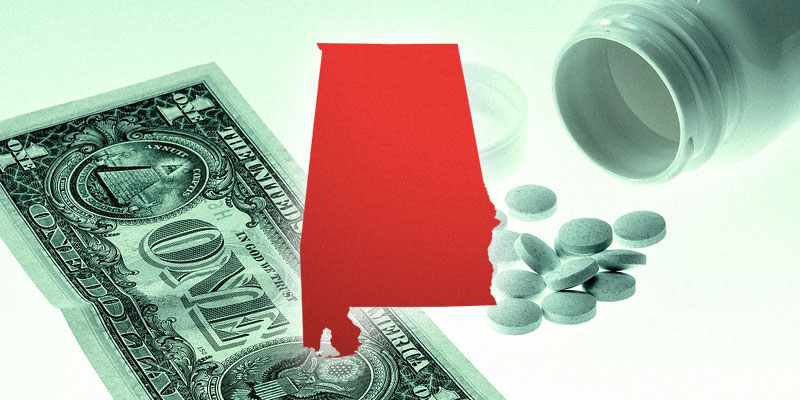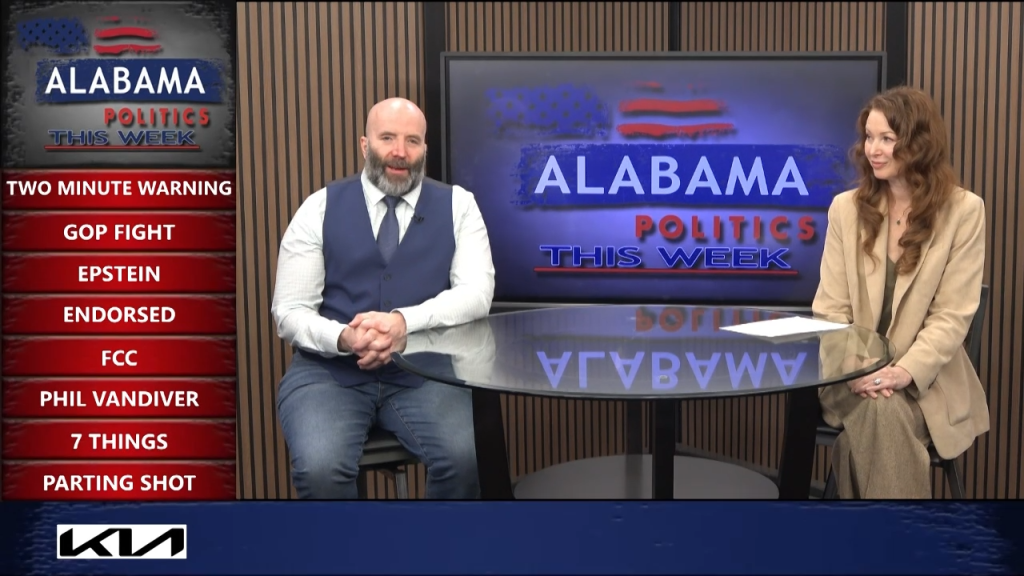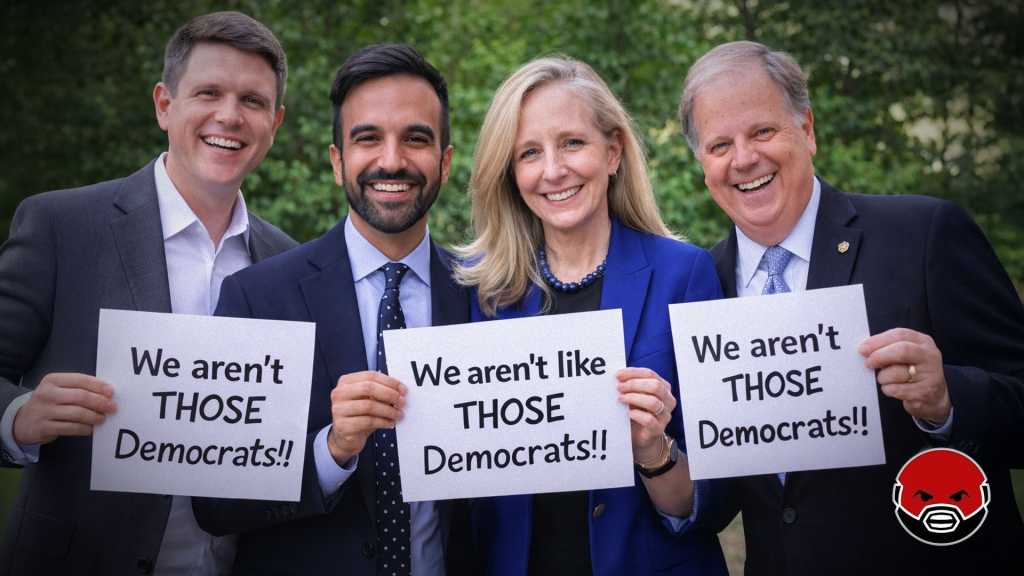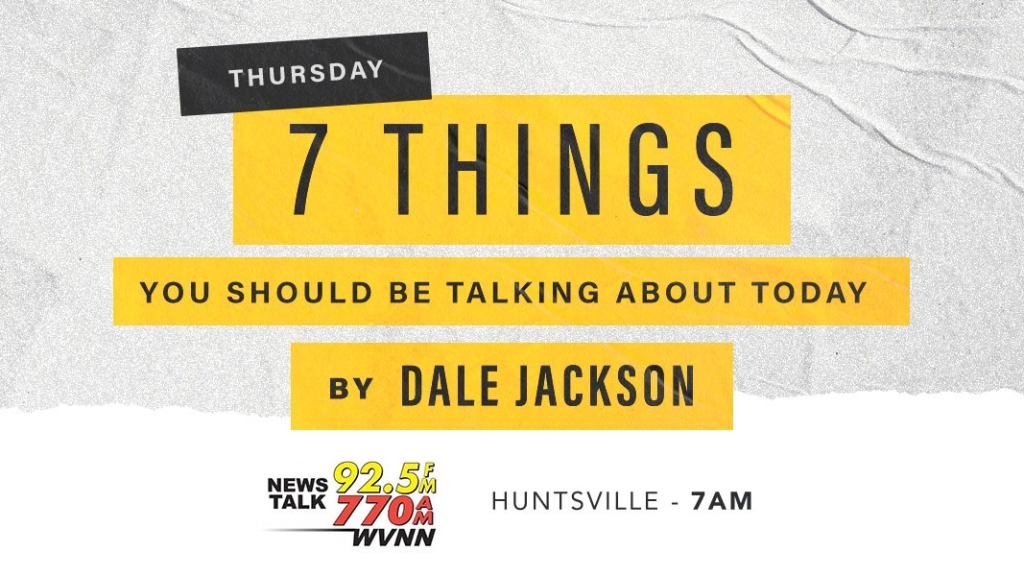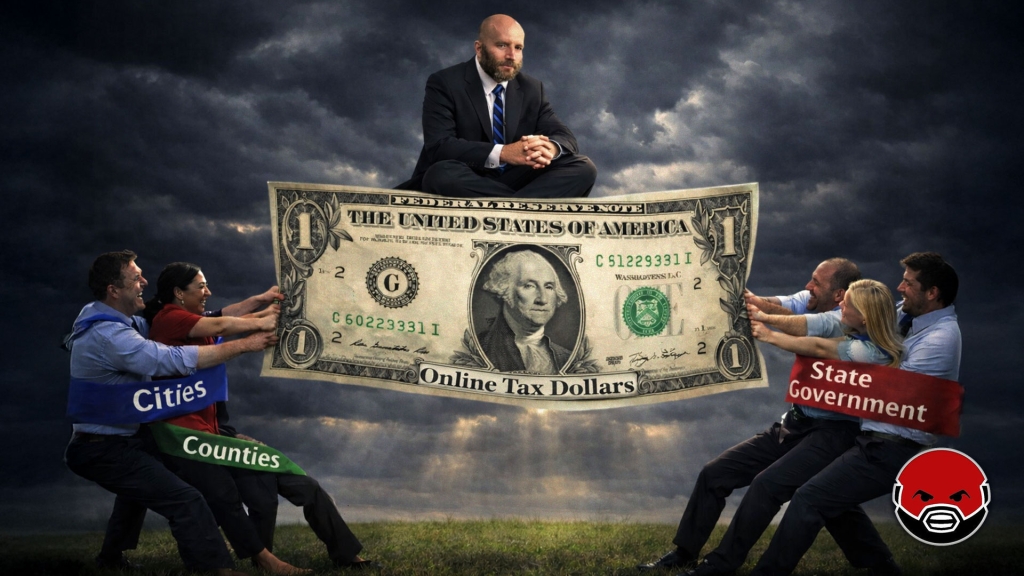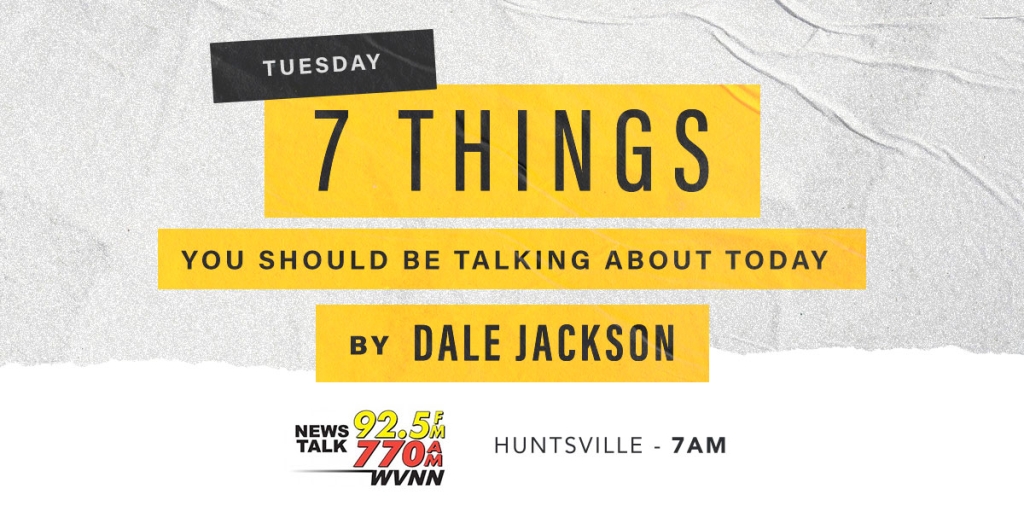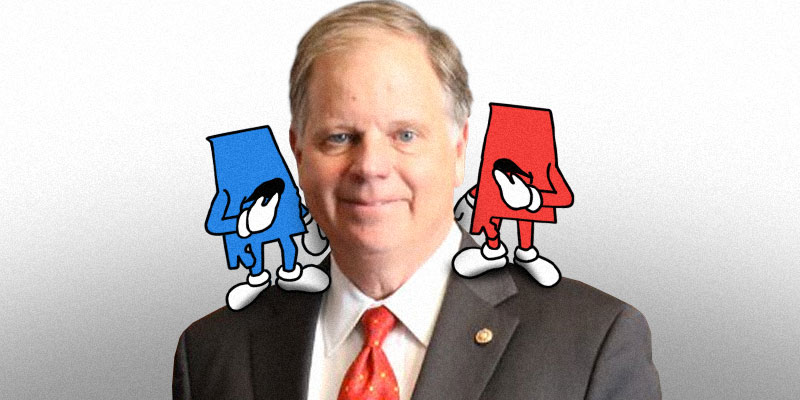Congress recently passed national “right to try” legislation giving terminally ill patients freedom to try experimental drugs. Perhaps this will inspire an overhaul of drug regulation to enhance patient freedom.
The Food, Drug, and Cosmetic Act of 1938 gave the Food and Drug Administration (FDA) authority to ban unsafe medicines. The 1962 Kefauver-Harris Amendments added the requirement that drugs be proven effective in their intended use. The FDA also controls the drug testing process.
Some terminal illnesses, unfortunately, have no cure. Sometimes an experimental drug in the testing phase offers promise. Terminally ill patients could not take these drugs since they were not yet FDA approved. The long wait for formal approval was often a death sentence.
Right to try establishes that Americans and not bureaucrats decide about trying a potentially life-saving drug. The federal law is largely symbolic now, as 38 states (including Alabama) already have right to try laws. And since 2005, the FDA has liberalized access to clinical trials for terminally ill patients. Still, I think that the principle is important.
Indeed, why should the Federal government decide how we treat insomnia, incontinence, pain, and other ailments? Having the FDA determine only safety and relaxing prescription control would yield significant economic, health, and personal benefits.
Such a reform should lower the cost of drugs. A Tufts University study put the average cost of a new drug approval at $2.6 billion, and demonstrating effectiveness is the largest part of this cost. Furthermore, the FDA exhibits a conservative bias in drug approvals, seemingly avoiding ever approving a drug that proves harmful. Drugs are often available in Europe months or years sooner than here. These delays have resulted in hundreds of thousands of deaths over the last 50 years. Eliminating proof of effectiveness would hasten approval of generic drugs.
Doctors’ prescribing behavior reveals that FDA certification of effectiveness is unnecessary. Many prescriptions today are for “off-label” uses which never received FDA approval. Doctors often discover that drugs introduced to treat one illness will often work on other conditions. The best known “off-label” use is probably aspirin’s prevention of heart attacks. Today oncologists increasingly use genetic information about a person’s cancer to select chemotherapy drugs, often a mix that was never clinically tested. Doctors are willing to prescribe and insurance companies are willing to pay for such uses even without FDA assurances of effectiveness.
Would a free-for-all ensue if all safe drugs were available without a prescription? One hundred years ago, before FDA regulation, many “patent” medicines with very little medicinal value were marketed. While drug makers selling the modern equivalents of snake oil is a reasonable fear, it ignores the impact of many players besides patients, starting obviously with doctors. Hospitals, insurance companies, and Medicare and Medicaid also assure quality, through their formularies, or lists of drugs approved for use.
Economist Sam Peltzman’s pioneering research in the 1970s highlighted how these forces effectively policed drug companies’ effectiveness claims. You or I may not remember which company made an overhyped dud drug, but doctors, hospitals, and insurers will. Insurers will demand evidence of effectiveness before paying thousands of dollars for treatments.
If all safe drugs were available over the counter, prescriptions would still be necessary for insurance payment, and rightly so. I favor marijuana liberalization, but I do not wish to pay for other peoples’ recreational drug use. A two-part market would likely evolve, one with medically justified prescriptions covered by insurance, and one with consumer purchase out-of-pocket. The best pain meds, sleep aids, and other drugs would be available without government approval. Out-of-pocket consumer purchases might also discipline drug pricing. An insurance company will balk at paying $500 for a drug sold to consumers for $50.
Right to try is worth celebrating. The principle is that we should get to make decisions about our health care. Further reforms letting Americans decide how to treat our life-threatening and everyday ailments will, I think, make us wealthier, healthier, and happier.
Daniel Sutter is the Charles G. Koch Professor of Economics with the Manuel H. Johnson Center for Political Economy at Troy University.




